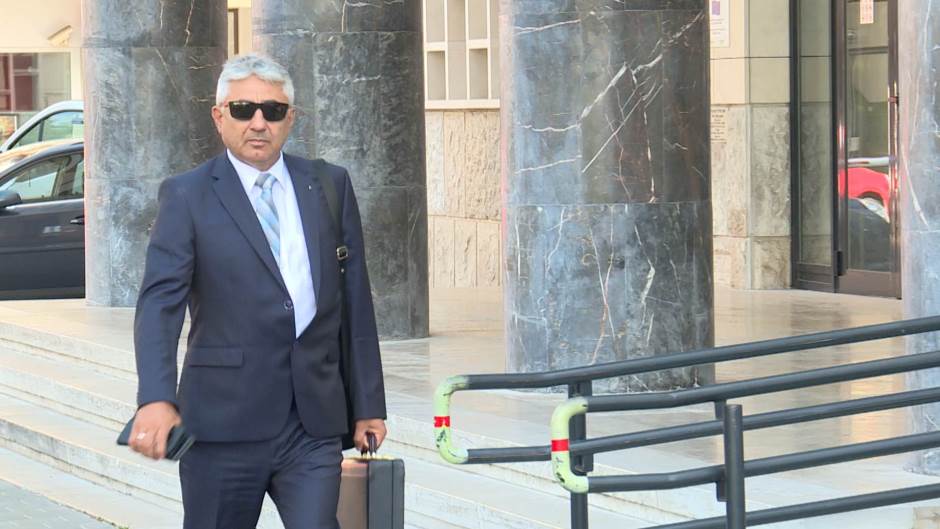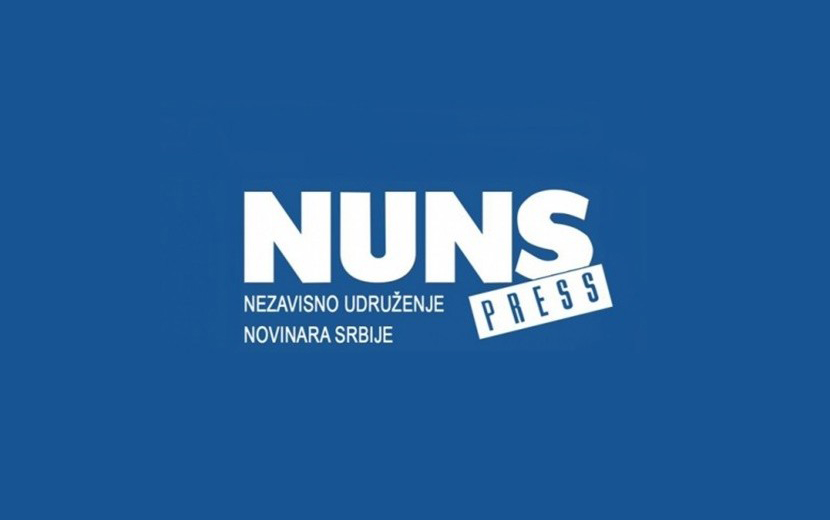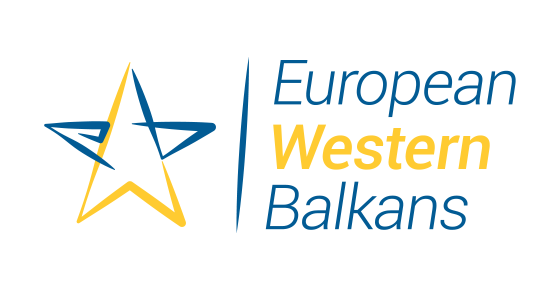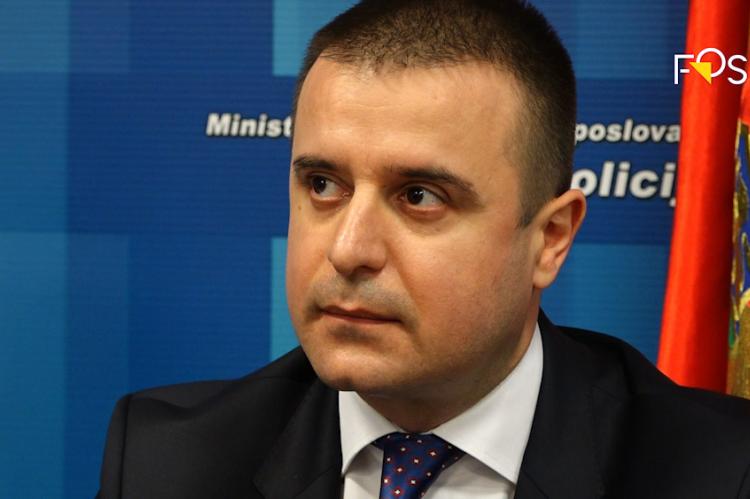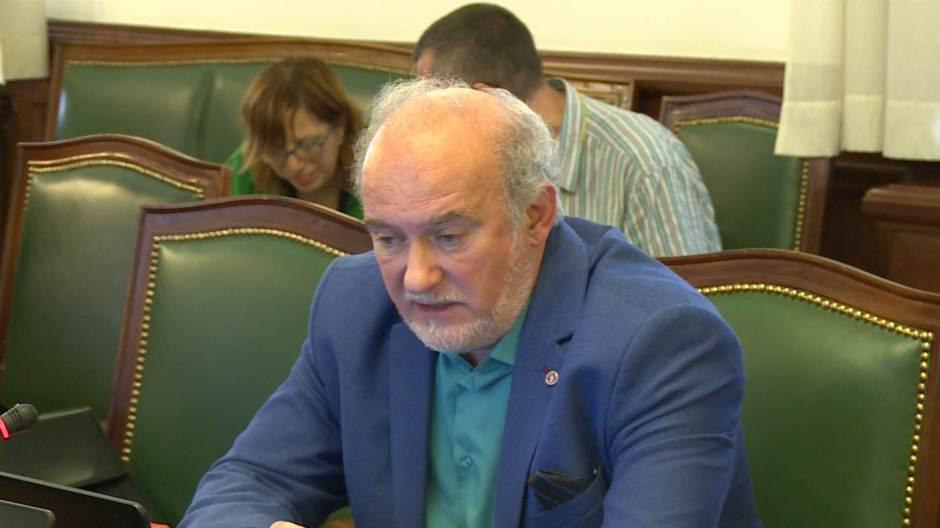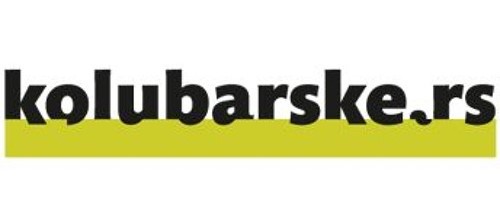BELGRADE, 01.08.2019. – One step forwards, two steps backwards – this is how the drafting of the Media Strategy, worked on by the representatives of media associations and the Government of Serbia, has looked like for the past six months. At the time when an agreement, following multiple arguments and disagreements, seemed to had finally been reached, the Government, without consent of professional associations, sent a changed Draft, from which all clauses guaranteeing independence of the media and regulating their financing had been erased, to Brussels.
Prime Minister Ana Brnabić claims that this was as an accident, while media associations remark that such statement is, at the very least, not serious and that the Government cannot be trusted any more. Officials from Brussels only shortly confirm for European Western Balkans that the text of the strategy was received and that the EU will form an opinion, give its comments and notify the Government and media associations in the following weeks.
Send it anyway and hope for the best
“I absolutely believe that there had been an accident… I mean, the Draft was intended to be sent, but the mistake was made because some substantive parts, which had been worked out for all these months in the working group, were scrapped. I wish to understand why they had been scrapped, who had done it and what exactly are the complaints of those people, so that we can once again sit down with media and journalists’ associations and see what the problem is… I do not know why and how and I am sorry for what happened”, Prime Minister Brnabić tried to explain why the version of the Draft which had not received consent of the media associations had been sent to Brussels in an interview for N1.
Unconvincing, hard to accept and not serious – this is how the explanation of the Prime Minster Ana Brnabić has been received by the media associations. While the president of the Journalists’ Association of Serbia (UNS) Vladimir Radomirović states that he was glad that the Prime Minister apologized and that the coalition of media associations will soon form a joint position on this issue, president of the Independent Journalists’ Association (NUNS) of Serbia Željko Bodrožić states that the minimum of the trust needed for cooperation has been lost and that he does not believe in the honest intentions and calls by Ana Brnabić.
“I wish to believe, but the experience with the current Government and its daily work on misleading the public shows that the admission itself is some sort of spin and buying of time with European Commission. Over the years, the Government has been sending us constant and direct messages that we are unwanted and that they would be the happiest if we, the independent and free journalists, did not exist. They have already largely succeeded in that, because a number of media has been shut down, and many journalists have become jobless. You can see what kind of a hell professional and critical journalists are going through, and I do not have much hope for the new promises of the Prime Minister”, states the President of NUNS Željko Bodrožić for European Western Balkans .
The honesty of Government and accidental mistakes are also questioned by the member of the working group for drafting the Media Strategy and former editor of Vranjske Vukašin Obradović. He is wondering what are the guarantees that, after the Government has deteriorated its credibility by sending an amended text in Brussels, no “mistakes” will happen again.
“The Government of Serbia is not a local community in Vražogrnci, but a serious institution with clear and precise bureaucratic procedures that are aimed at preventing anything coming out of that building “by accident””, Obradović stresses.
He adds that the Prime Minister’s call to media associations to once again submit their complaints on the text that was sent to Brussels is just a show for the public.
“Instead of explaining to us why the text that had already been agreed upon was changed, Prime Minister ask us to submit our complaints!? And, in order to “fully understand the major complaints” only a small effort of comparing the text signed by all members of the working group, including government’s representatives, with the Draft strategy that was sent to Brussels, is needed. Just that, and nothing more. All of that is telling of the fact that the Prime Minister wishes to once again include media community in the work on the Strategy so that we can all continue with the construction of yet another Potemkin village of this regime”, warns Obradović, reminding that the Government had its opportunity to show that it is committed to the work on this document with consent and cooperation with media associations.
The President of the Working group for the Chapter 23 of the National Convention on the EU and the President of the Open Society Foundation in Serbia Milan Antonijević also believes that the Government compromised the entire process of the drafting of the media strategy with its last move
“By sending an amended text to Brussels the Government has shown the lack of competence either way, and maybe also the lack of readiness to accept the comments and advice given by the media community. This situation is neither fair towards the media community and to the associations, nor is it fair to OSCE, which has invested its credibility and enabled the opposing sides to sit together at the same table”, Antonijević explains.
The Government was forced to the negotiating table
Carefulness and fear among media associations that they will once again be tricked revokes not so distant memory of the first attempt to draft the Media Strategy. Namely, after the previous one “expired” in 2016, Ministry of Culture and Information began the work on the new document in 2017. However, the attempt ended in failure, after media associations (UNS, NUNS, NDNV, ANEM, Lokal pres and AOM) abandoned the Working group, explaining that they do not want to be an “ornament” and participate in the “appearance of an inclusive process which the government will use for external and internal purposes”.
Brnabić then decided to stop the work on the Strategy because without relevant media associations the working group did not have the legitimacy, and the document has never been presented to the public. After increasingly louder statements of the European officials, but also the Reports of European Commission and Freedom House, in which the great concern for media freedom has been expressed, and Serbia downgraded to the category of “partially free countries”, Government of Ana Brnabić realized that there is no further European integration without reforms in the area of media freedoms and the rule of law. Wishing to present the readiness of the Government to improve the situation in the media, the Cabinet of Prime Minister extended its hand and call to media associations to get involved in the drafting of the new Strategy. This time, instead of the Ministry of Culture and Information, the process of drafting the document became the responsibility of the Cabinet of the Prime Minister.
Praises for inclusiveness of the process soon arrived from the Brussels, and the only thing in the area of freedom of expression for which Serbia received positive assessments in the recently published Report of the European Commission was the joint work of the Government and media associations in drafting the strategic document that aims to outline directives for regulating the media scene until 2023. President of the working group for the Chapter 23 of the National Convention on the EU Milan Antonijević warns that, no matter the fact that the EC has praised the process previously, recent actions of Government will cause criticism from Brussels.
“European Commission has praised the process in which this final act had not taken place yet. When you are watching a play in a theater, you have to take the ending into account. This really cancelled anything that had earlier been assessed as positive and because of that I expect the media community, professional associations but also CSOs to adopt a critical position. We are not here to simulate the reform process in the Chapter 23, but to enable media pluralism and de-politicization”, Antonijević remarks.
An attempt to do away with the media independence
However, even though they have, as they say, believed in the honest wish of the Prime Minister to work on establishing order on the media scene in the beginning, it is clear that, by amending the Draft, the Government once again showed that it is ready to keep political control and influence over the editorial policy of public broadcasters (RTS, RTV), media which have been founded by the National Councils of the National Minorities and Regulatory Body (RRA), thinks the President of NUNS Željko Bodrožić.
“We have seen that the proposal for an alternative election of governing boards of public services, as well as the proposal that the chief editors of the media founded by the National Council of National Minorities cannot be appointed nor fired without the consent of employees, were rejected. And that is not all, because the proposal of journalist’s and media associations that the Committee for Culture and Information of the National Assembly of Serbia should be excluded from the nominating process of members of Regulatory Body for Electronic Media (REM) was erased, as well as our proposal that the Assembly and executive branch should be excluded from adopting REM’s statute and financial plan, together with the proposal that REM should have the ability to impose financial sanctions”, explains the president of NUNS.
Apart from the amendments through which the Government tried to maintain its political influence, it also tried to protect the close printed media, especially tabloid newspaper through which it confronts political opponents and citizens who disagree with its actions on a daily basis.
In order to achieve this, the Government erased the Council for Printed Media, independent institution founded in 2009 by the representative associations of journalists, from the Strategy. The Council was founded in order to monitor the respect of the Journalists’ Code in printed and online media and to decided on its violations.
Erasing the Council for Printed Media, while leaving the possibility to found other self-regulating institutions with the same function, shows the Government’s attempt to minimize the influence of the existing Council and silence its members, Vukašin Obradović points out.
“Behind it stands an intention to make the current Council for Printed Media obsolete, which becomes a serious hindrance because of its warnings that, in the processes of project financing, money goes to tabloid and pro-government newspapers which most often violate the Code of Ethics. It is exactly those media that are bothered by the current membership and order of the Council for Printed Media”, Obradović explains.
Where to go further – a dead end or the work on new legislation?
The confidence has been shaken, skepticism of media associations that the Government has honest intentions confirmed, and the job unfinished. Not only is it unknown how the process of drafting the Media Strategy will go on further and will the government really listen to the proposals of media associations, but the question of whether the journalist’s association and the Government can continue the work on future media laws envisioned by the Strategy is left open as well.
President of UNS Vladimir Radomirović thinks that the fact that the Prime Minister has repeated that the working group should carry on its work on the amendments to the media laws is a positive development.
“It would be good to start with the work on legislative changes as soon as possible, with the assistance of domestic and foreign experts in the area of public financing of the local media and the development of media market. In order for the media to be useful for the society, it is necessary for the market to be as free as possible and that the local media are guaranteed stable financing from public funds”, says Radomirović.
In contrast, president of NUNS Željko Bodrožić says that the media coalition is yet to form a position on that issue.
“There are no guarantees for anything when it comes to this government. Even if the Media Strategy is returned to its former state, there is still no guarantee that the government will translate that to new legislative solutions, and even if the Law on Information is written according to our suggestions, that also does not mean that the practice will be better, because there is no law that this government has not made obsolete and meaningless yet”, Bodrožić is skeptical.
Vukašin Obradović also does not see the sense in participating in the process of drafting new laws, reminding that the government does not respect the already existing ones.
“Even if it does not violate them directly, it does nothing to ensure they are respected. In a situation like this, it would be really hypocritical to close eyes in front of that fact and talk about the work on some future laws. It becomes clear by the day that this government bases its political behavior on media control and suppression of freedom of expression. This fact makes the issues of drafting solutions new strategy would contain become completely irrelevant”, Obradović concludes.
Irrelevant or not, new legislation will soon appear on the agenda, maybe even before the episode with the Media Strategy gets its epilogue. The government will certainly want to ensure the legitimacy of the reforms by including media associations and receive praise from Brussels, together with a prize of opening a new negotiating chapter with the EU.
It should not be forgotten that Serbia is expecting elections next year, and that the Government could be ready for certain concessions when it comes to media freedoms in order to persuade the opposition not to boycott the elections, and convince the international community that its rule is indeed democratic.
This article has been published in the context of the project “Support for independent reporting on European integrations of Serbia with a special emphasis on Chapters 23 and 24”, which is being implemented in cooperation with EUROPEUM Institute for European Policy and with the support of the Ministry of Foreign Affairs of the Czech Republic.


